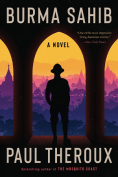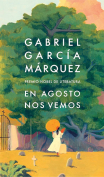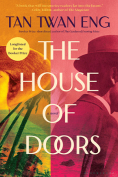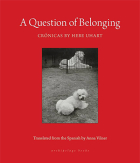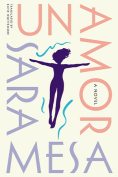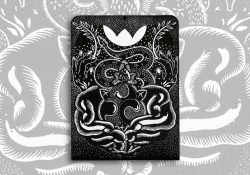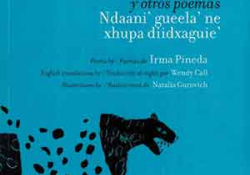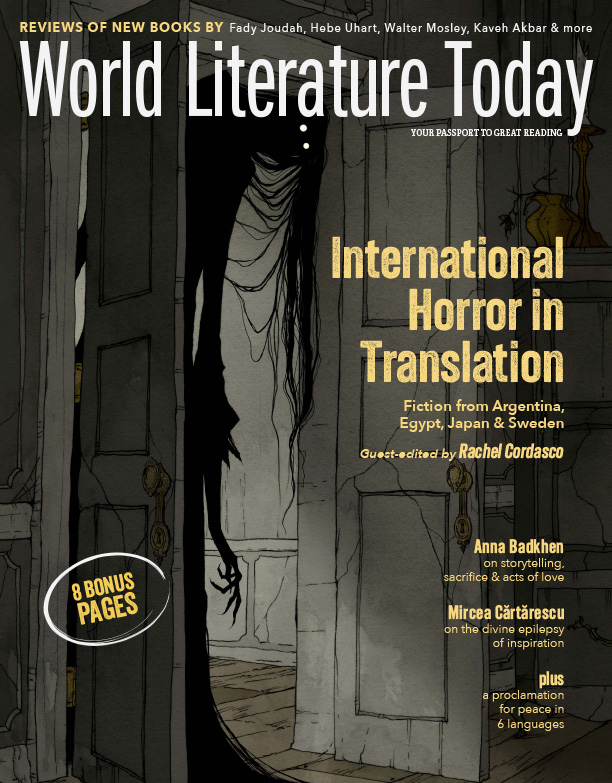Nostalgia Doesn’t Flow Away Like Riverwater by Irma Pineda
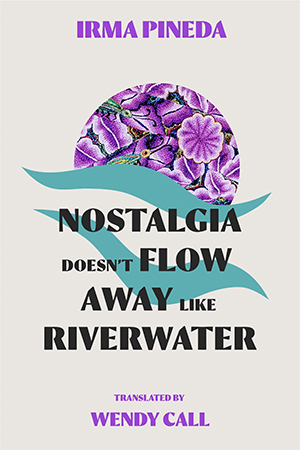 Dallas. Phoneme Media. 2024. 240 pages.
Dallas. Phoneme Media. 2024. 240 pages.
Those familiar with Irma Pineda’s poetry and the Binnizá (Isthmus Zapotec) cultural traditions will instantly recognize the origins of the emotional pull described as “nostalgia” in this collection of poems. Nostalgia for one’s home is a much stronger concept in Binnizá culture than it is in others because it is connected to the tradition of burying the umbilical cord of the newborn baby somewhere on the family’s land, a piece of the body forever connected to that place. Thus a person who emigrates from his or her home of Juchitán, Mexico, to North America will experience a sense of separation that is deeper and more complex than most.
Against that backdrop, the thirty-six persona poems of Nostalgia Doesn’t Flow Away Like Riverwater express the various aspects of either making one’s way to the United States as an undocumented worker or the loved one staying behind. The personas speak to each other in the poems, always connected to the umbilical home, aware that they are one of the few on earth who share the same language and culture. The poems, presented in trilingual form, let the reader see how meaning and emotions “migrate.”
Further, translation involves migration of meaning and beingness, as translator Wendy Call explains. The first section, “My Heart in Two” (Chupa ladxidua’ / Dos mi corazón), consists of short poems that depict the preparations and the departure for the United States. Each poem delves into sadness, pain, fear, and doubt. And yet conditions at home militate against indecision: “If I stay if I go / both paths lead toward pain / but hunger hurts us, too / sickness / poverty’s dark night / hurts more.”
The second section, “On the Path” (Lu neza / Sobre el camino), embodies the journey itself and connects the narrator to the earth, starting with the drought-stricken hometown in “I Set Out from the South” and continuing along the road on weary feet, to a city where the stars are no longer visible, just “endless stars / ferocious lights in metal towers.”
In the third section, the poems speak of strength, support, family bonds, and love. In “You Will Not See Me Die” (Qui Zuuyu Naa Gate / No me verás morir), the narrator becomes the Binnizá culture (“I am your mother / your father / your grandfather’s old stories / our age-old traditions”) and assures the intended audience: “we will stay strong / we will always survive.”
The last poems in the collection directly reference the umbilical cord buried on the family’s land: “it’s the cord binding me to my nahual.” It is, in essence, the cord that connects back to every poem, anchoring both identity and the heart of the Binnizá people, culture, and language.
Susan Smith Nash
University of Oklahoma


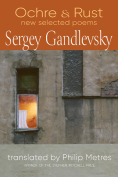
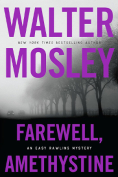

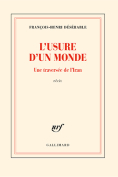
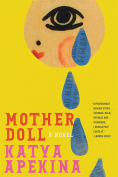
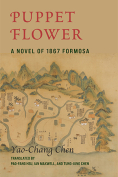

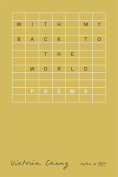
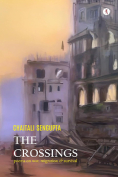
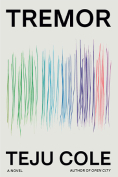
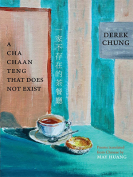


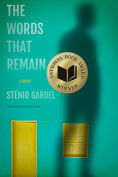

![The cover to [...] by Fady Joudah](/sites/worldliteraturetoday.org/files/styles/backissue_small/public/Joudah.jpg?itok=HZO1_68A)

